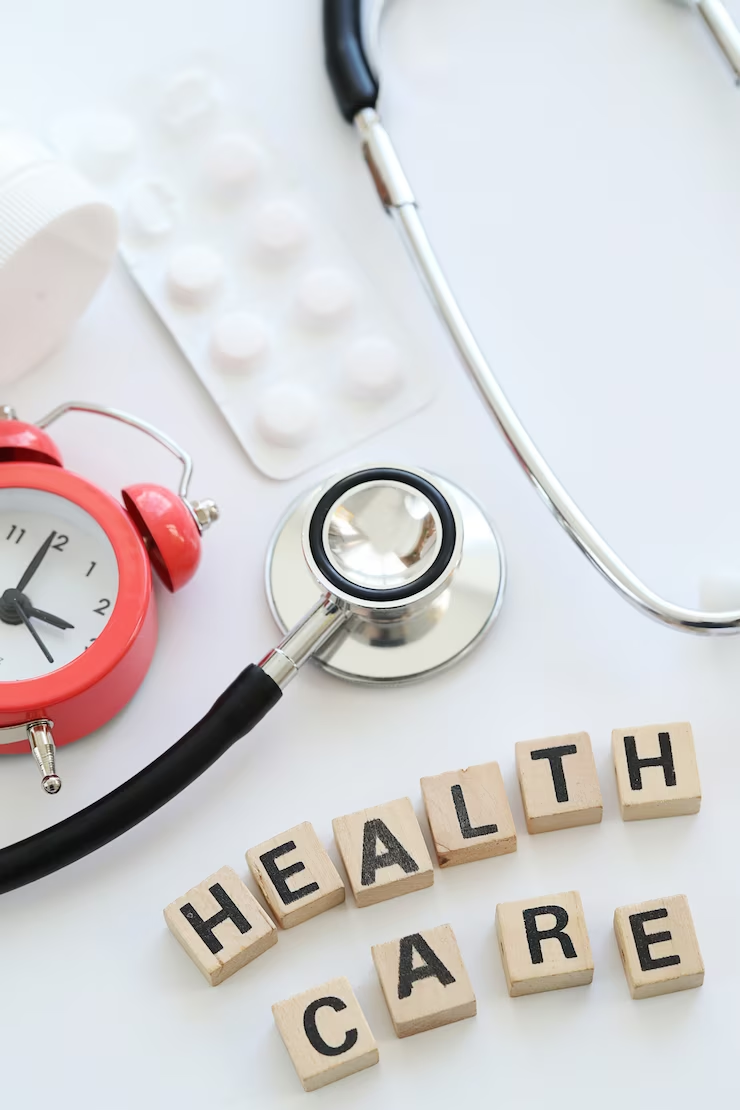Title: The Benefits of Health Insurance for Preventive Screenings and Check-ups
Introduction
Regular preventive screenings and check-ups are vital for maintaining good health and detecting potential health issues early on. Health insurance plays a crucial role in ensuring access to these essential healthcare services. In this article, we will explore the benefits of health insurance coverage for preventive screenings and check-ups, emphasizing the importance of early detection, disease prevention, and overall well-being.
- Early Detection and Prevention
One of the primary benefits of health insurance coverage for preventive screenings and check-ups is early detection and prevention of diseases. Regular screenings, such as blood tests, mammograms, Pap smears, colonoscopies, and prostate exams, can identify potential health concerns before symptoms arise. Detecting conditions in their early stages often leads to more effective treatment and improved health outcomes.
- Cost Savings
Health insurance coverage for preventive screenings and check-ups can result in significant cost savings in the long run. By identifying health issues early, treatments are typically less invasive and less expensive than if the conditions were left undetected or untreated. Preventive services are often covered at little to no cost, meaning individuals can undergo necessary screenings and check-ups without worrying about exorbitant out-of-pocket expenses.
- Comprehensive Wellness Assessment
Preventive screenings and check-ups provide an opportunity for a comprehensive wellness assessment. Healthcare professionals can evaluate various aspects of your health, including blood pressure, cholesterol levels, body mass index (BMI), and overall fitness. They can also assess lifestyle factors such as diet, exercise, and stress levels, offering personalized recommendations for improving your well-being.
- Tailored Preventive Care
Based on the results of preventive screenings and check-ups, healthcare providers can tailor preventive care plans to address individual health risks and needs. These plans may include specific interventions, lifestyle modifications, or additional screenings to mitigate potential health risks. Health insurance coverage ensures that individuals can follow through with the recommended preventive care without financial barriers.
- Enhanced Quality of Life
Regular preventive screenings and check-ups contribute to an enhanced quality of life. By detecting health issues early, individuals have a better chance of managing or even preventing certain conditions altogether. Addressing health concerns promptly can reduce the impact of diseases on daily life, allowing individuals to maintain an active and fulfilling lifestyle.
- Peace of Mind
Health insurance coverage for preventive screenings and check-ups provides peace of mind. Knowing that you have access to these essential healthcare services alleviates concerns about potential health risks going unnoticed. It empowers individuals to take control of their health, promoting a proactive approach to wellness.
- Health Education and Counseling
Preventive screenings and check-ups often involve health education and counseling sessions. Healthcare providers can provide guidance on healthy lifestyle choices, disease prevention strategies, and early warning signs to watch out for. These educational sessions empower individuals to make informed decisions about their health, leading to improved health literacy and self-care practices.
- Reduced Healthcare Disparities
Health insurance coverage for preventive screenings and check-ups plays a crucial role in reducing healthcare disparities. Access to these services ensures that individuals from diverse socioeconomic backgrounds, including those with limited financial resources, can receive necessary preventive care. It helps bridge the gap in healthcare access and promotes equal opportunities for early detection and disease prevention.
Conclusion
Health insurance coverage for preventive screenings and check-ups is essential for maintaining good health, preventing diseases, and enhancing overall well-being. The benefits of early detection, cost savings, comprehensive wellness assessment, tailored preventive care, improved quality of life, peace of mind, health education, and reduced healthcare disparities highlight the value of health insurance in promoting proactive healthcare practices. Remember to review your health insurance policy to understand the specific preventive services covered and prioritize regular screenings and check-ups to safeguard your long-term health.










